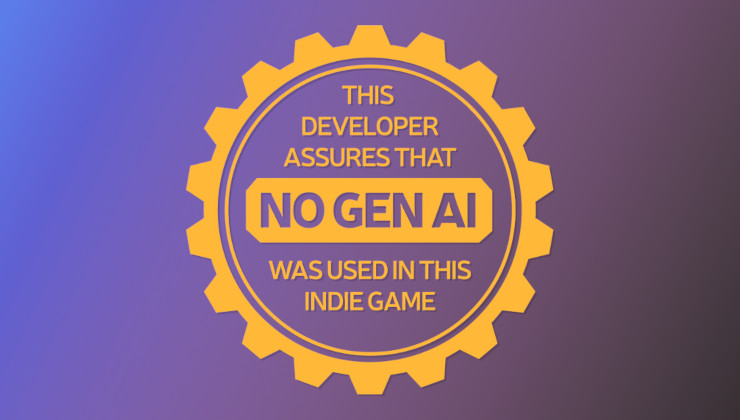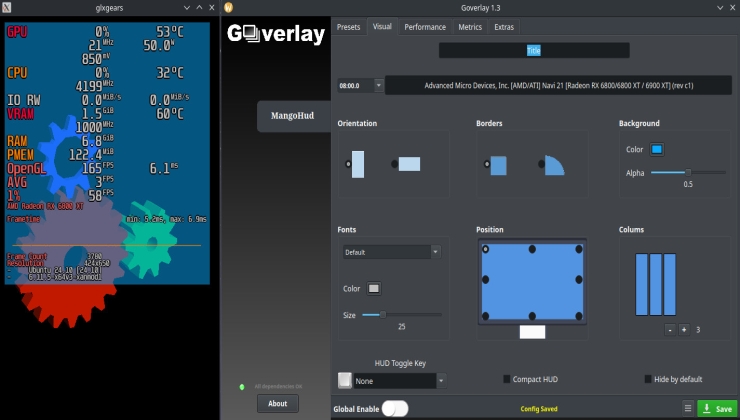After 27 years, Jeremy White is leaving CodeWeavers, the company who oversee and fund Wine development and also work on Proton with Valve for the Steam Deck and Linux desktop.
This is going to be a big change for their company, with it moving over to an Employee Ownership Trust, which sounds like a really nice move overall. This ensures the company works for the staff and the community, giving employees more of a say in how it runs and a share of profits too.
Announced in a press release and a personal blog post from White, the new CEO will be James Ramey who has been the long time president of the company and Ulrich Czekalla, their director of development, moving over to President. However, White will remain as Chairman of the Board so not entirely gone.
“We believe that this trust represents a new model for corporate governance,” said White. “The trust allows the company to be run for the benefit of the staff and the broader community, rather than for shareholder profit. I believe this will create a more sustainable, ethical, and equitable business.”
“I'm looking forward to seeing this in practice!” said Proton lead developer Arek Hiler. “The relationship with many employers is very one-sided—employees are there to generate value for the owners and can be made redundant on shareholders' whim. With this change, I know the company has my back. Not only is it more democratic, but profits will go to the employees who generate them.”
Seems like their team are happy with the move, so hopefully this will help keep Wine and Proton development going strong long into the future.
Jeremy to James Ramey....
are we sure this isn't the same person :P
Last edited by mt on 19 May 2023 at 5:41 pm UTC
To be frank: Sounds like a lot of NPC-buzzwords "democratic" and "equitable".
equitable means "Showing or characterized by equity; just and fair. synonym: fair." - Was it unfair before?
Democratic.. how was the CEO installed, by force?
I really don't get the hype. You can simply buy shares in the company you are working for and you have the same situation. I would not advice doing this though: if the company crashes you not only loose your income but also your savings...
It's very positive. Mind you, if it were becoming an actual worker-owned co-operative I'd be ecstatic. The two are not the same; with these trusts employees have an odd theoretical form of ownership, but usually do not have the control or votes that would go with ownership in most circumstances; the trust is typically managed "on behalf" of the employees. It's more like having money in a pension fund that owns the company than it is like owning the company per se. But it's certainly better than corporate status quo.
Couldn’t agree more.
To be frank: Sounds like a lot of NPC-buzzwords "democratic" and "equitable".Trying to catch up on a backlog of articles, so caught this one kind of late.
Good points on this sounding more feel-good than having much substance. I'm not sure if there's any real difference between this and what came before. Whether a system claims to be "meritocratic" or "democratic", it's still prone to bias and sabotage through favoritism of whatever stripe, motivated by politics, or internal power plays. Ultimately, most groups fail when there's no direction and only a desire from those employed to milk that organization for all its worth, the original intent be damned: it's all about the money/power/influence instead of keeping what was good about the organization intact.
It's a natural cycle for most organizations, whether we like it or not. I hope there isn't anything untoward in this departure behind-the-scenes, but we'd never know if the dissidents were successful enough.
I'm not for all this "new age" "feel good" fad stuff -- tried & true is fine -- having a traditional job roles for income is just fine too with hierarchical structure. If you can pull off the "Valve Bee Hive" that's fine too -- just keep all the fad --isms out of my damn free software please.
I'm not for all this "new age" "feel good" fad stuff -- tried & true is fine -- having a traditional job roles for income is just fine too with hierarchical structure. If you can pull off the "Valve Bee Hive" that's fine too -- just keep all the fad --isms out of my damn free software please.Your damn free software is a fad-ism.
Just wow - incredible. I've long admired CodeWeavers, but this is a next and dare I say unprecedented, step forward.
Very interested in how this'll play out in the long term. Remind me in 5 years to see how it went with this company.










 How to set, change and reset your SteamOS / Steam Deck desktop sudo password
How to set, change and reset your SteamOS / Steam Deck desktop sudo password How to set up Decky Loader on Steam Deck / SteamOS for easy plugins
How to set up Decky Loader on Steam Deck / SteamOS for easy plugins
See more from me